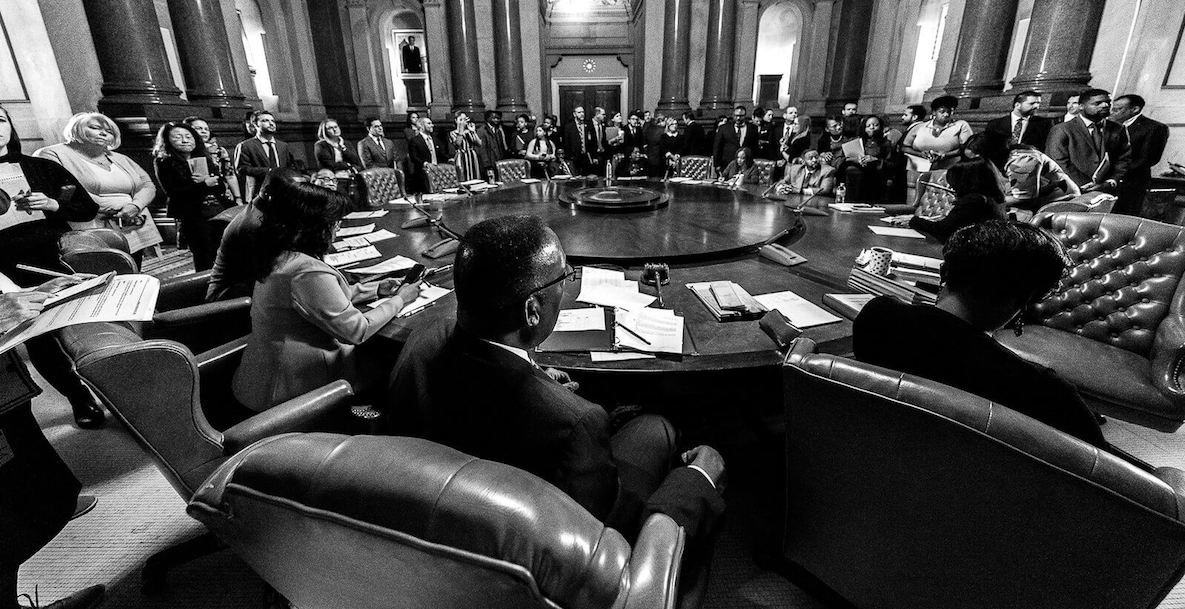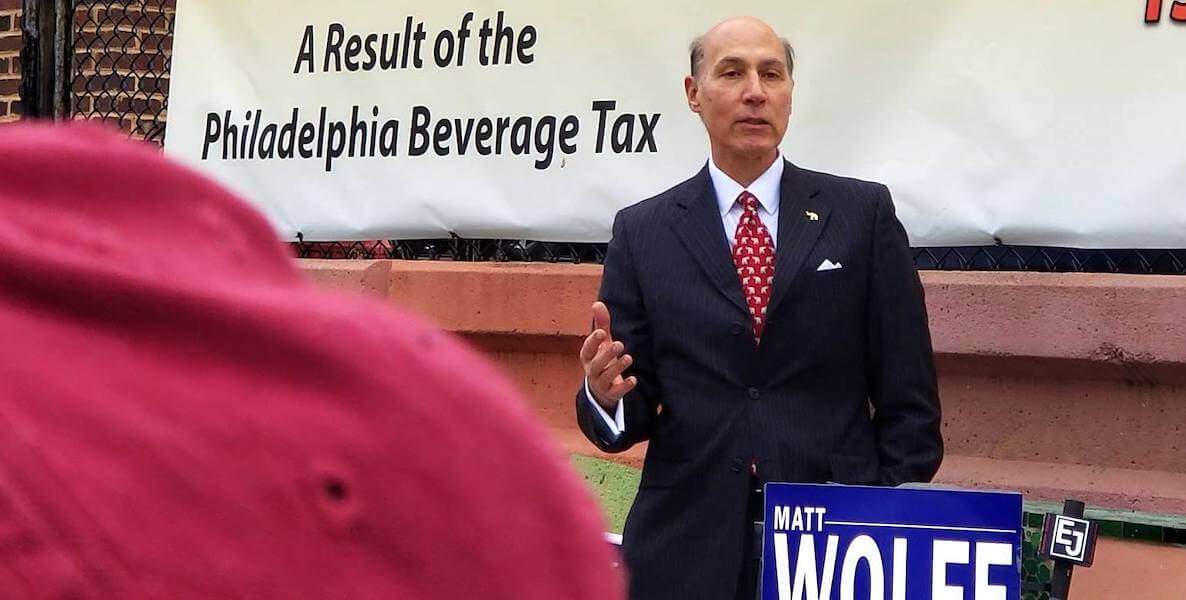Question No. 1 on the primary ballot would amend the Philadelphia Home Rule Charter to create a Department of Labor to oversee labor relations and to ensure compliance with the city’s labor related ordinances. Seems reasonable, doesn’t it?
It may surprise you that there already is an Office of Labor that does basically the same thing. Why do we need to amend the charter? Obviously we don’t.
Sure, labor relations are an important function. Ordinances that relate to employment need to be enforced or they are meaningless. Having a unit to handle those specialized areas can make sense, just like the Department of Licenses and Inspections handles enforcement of matters related to such things as zoning and building codes. Whether you call it a department, office or something else is a distinction without a difference.
The politicians promoting this amendment say that this will make the VOTE!Do Something
Wait a minute. Isn’t the City Representative specified in the Home Rule Charter? In fact, Article IV, Chapter 2 of the Charter, entitled “City Representative,” establishes the office and outlines its duties. So Mayor Kenney can’t make the office “cease to exist,” regardless of his priorities. You’d think that someone in the Law Department (established in Article IV, Chapter 4 of the charter) would have read it before the proposed budget was released.
City Council has amended the Charter to create an Office of Immigrant Affairs, a Commission on African-American Males, an Office of LGBT Affairs, a Commission on Universal Pre-K, a Commission for Women, an Office of Sustainability and a Youth Commission.
That being said, the mayor does have significant authority regarding spending. While the mayor cannot spend more than the budget appropriates for any office, department, board or commission, with few exceptions not all of the allocation need be spent. So a mayor could easily have a City Representative “in name only” and not authorize spending for the office even if it was appropriated in the budget. So much for making an office permanent.
What’s really going on here? Pandering. Pure and simple.
City Council has demonstrated a disturbing tendency to use the charter to pander to one special interest or another. They have amended the Charter to create an Office of Immigrant Affairs, a Commission on African-American Males (but not females), an Office of Lesbian, Gay, Bisexual and Transgender Affairs, a Commission on Universal Pre-Kindergarten, a Commission for Women (but not men), an Office of Sustainability and a Youth Commission. Let’s presume that all of these entities do good things (I’m from the government and I’m here to help you). All of their functions could have been established within the existing structure of city government. None of them were necessary.
about this ballot questionRead More
One way to solve this problem but permit City Council to continue to use this process to enhance its members’ reelection might be to eliminate all of the aforementioned offices and create a single “Office of Pandering” with the authority to focus on whatever special interest group that city council wants to pander to at any given time.
Until then, don’t let this process continue.
Matt Wolfe is a Republican Ward Leader in West Philadelphia. He can be reached at Matthew@Wolfe.org.





